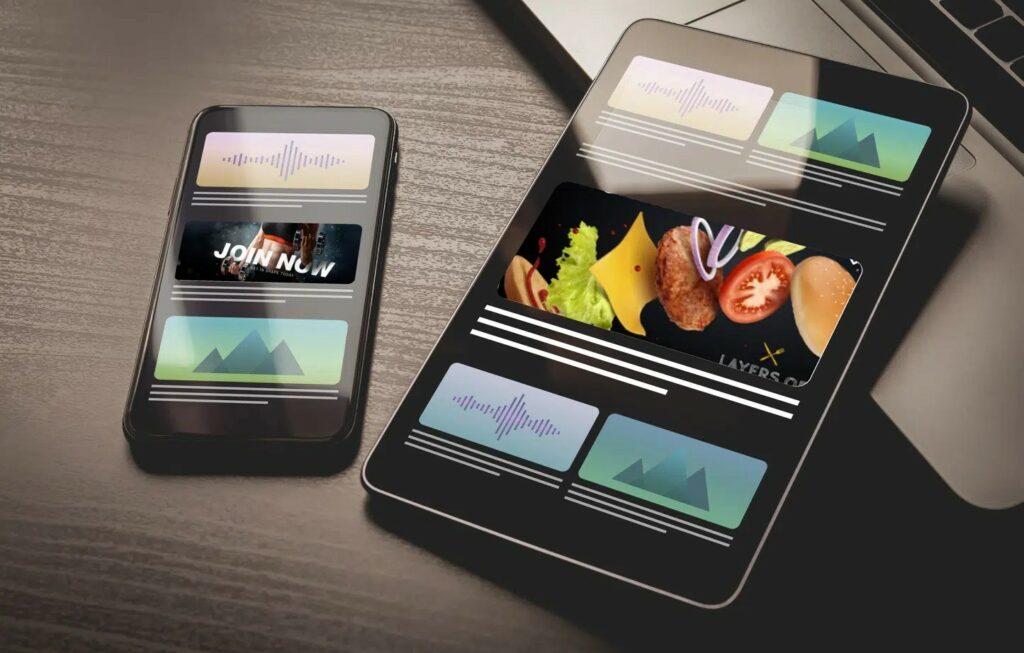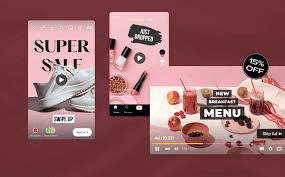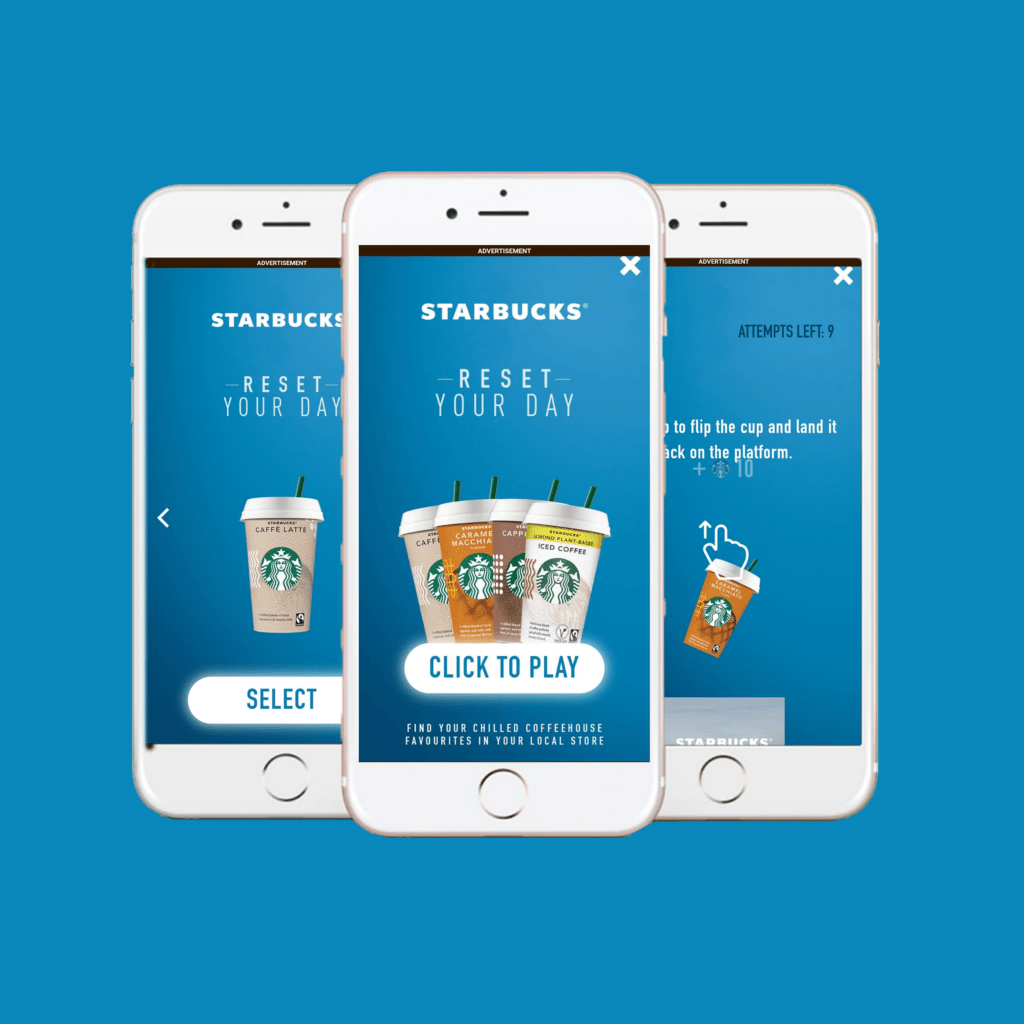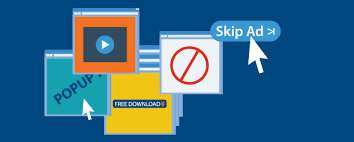Every ad campaign tries to grab people’s attention and get them to act. Competition is becoming increasingly difficult each day because it is so intense. The use of Rich Media Ads in your digital campaigns could become the missing piece you’ve been searching for to stand out from your competition and bring more visitors to your site’s pages.
Rich media allows advertisers to be more creative and allows for experimentation with fresh ideas and innovative concepts, and can greatly contribute to better brand recognition and recognition.
Additionally, it could be an effective method of cutting out the noise of advertising on the internet.
What is a Rich Media Ad?
Rich Media Ads are digital ads with special features that encourage people to interact with them.
Through rich media advertisements, they let their customers interact with their ads through dragging, swiping and scratching, flicking or spinning, playing games or watching a video, and much more.
Text ads use words to sell, display ads use images, and rich media ads offer many features to make them more attractive to customers.
Rich Media vs. Standard Banners
| Elements | Standard Banners | Rich Media |
| Content | This typically includes simple animations or static images (e.g., GIFs). | It includes interactive elements like audio, video games, expandable content as well as other interactive features. |
| Interaction | Offers very little interaction, usually just the clickable link. | Offers additional ways users can interact with the advertisement (e.g. hover click or swipe). |
| File Size | Usually smaller in terms of file size. | Larger file dimensions due to more content. |
| Load Time | Speedier to load due to its simplicity. | Longer time to load due to complex elements. |
| Engagement | Less engagement because of the limited interaction. | Greater engagement because of the interactive, dynamic and engaging content. |
| Use | Typically employed to create basic branding or awareness campaigns. | It is used for campaigns that focus on interaction and engagement with users. |
| Technology | Created with basic HTML and images. | Employs cutting-edge technology, such as HTML5, JavaScript, and CSS3. |
Few Most Frequently Used Forms of Rich Media Advertisements
Banner Ads
Banners are among the most popular formats for advertising generally and are used for traditional and rich media advertisements. However, rich media adds an interactive aspect to them. They are sometimes referred to as displays, these usually are fixed in size and location on the mobile app or page.

Dynamic Ads
As the name suggests, dynamic ads can change content based on various factors, either through API integration or manual adjustments.

Examples of Dynamic Ads include
- Weather ads (promoting specific products in the temperature set).
- Live score advertisements (sports outcomes of games).
- Product feed ads (showing the most recent best offers).
Interstitial Ads
Interstitial ads are full-screen interactive ads that fill the entire screen of the host application or website.
These types of ads in rich media are created to pop up within content, taking over the screen, or at natural transition locations. Users always have the option to turn off the advertisement and continue browsing.

Video Ads
With the help of video ads, companies can communicate their message in a manner that a lot of consumers like. In reality, several brands continue to use video ads because ad spending is projected to grow at an annual of 6.04% (CAGR 2024-2028).
There could be other ways to display your ads in video, for instance floating video ads that take up an area of content for a brief period or simply showing it as rich media banners, for example.

Gamification Ads
Gamification advertisements make use of game mechanics to boost the engagement of users and increase the chances of them becoming customers. These can range from basic ones designed to increase interaction to rewarding users for completing certain tasks.
The market for in-game advertisements worldwide is expected to grow at an annual rate of growth (CAGR 2024-2027) of 9.91%.

Floating Ads
Floating advertisements are displayed at their topmost position on the page of the publisher. A floating ad typically only covers a tiny portion of the website’s content. It is available in a variety of formats, including the previously mentioned video ads or gamification ads.

The Advantages of Rich Media Ads
Higher Engagement Rate
Everything’s better when interaction is present, and advertising is certainly no exception. Performoo’s data for campaigns indicates that rich media can generate up to 15 times more engagement than static ads.
Better Visibility
The range of rich media ad formats lets brands make their ads stand out and have nearly 100% exposure, e.g., using floating banners.
Flexibility
Banner ads that are standard in size limit the space available for advertising to display messages, and rich media permits multiple frames, which allows companies to be more creative and advertise in a greater dimension.
Blindness to Banners Reduced
Banner blindness occurs when visitors are able subconsciously (or simply do not) to avoid any information that is similar to banners online. Ads with rich media include more challenging elements (or to) to overlook (changing frames as well as gamification and the sound) but still draw viewers’ attention.
Rich Media Ads give advertisers and marketers valuable insights into their campaigns by analyzing various interactions. These metrics can include engagement rates, impressions and reach, display times, and interactions, among others, which can aid in building a greater understanding of future campaigns and help improve them.

